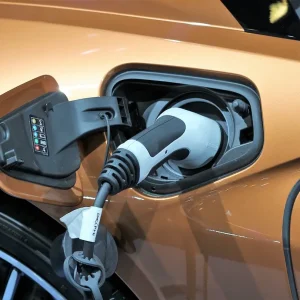It was interesting to have a root through the report from the London mayor’s office with the results of the air quality public consultation carried out in July.
A couple of things stood out that made me, very cynically, wonder if the mayor had an idea of what he wants to achieve, and that it didn’t really matter what the consultation said.
Air quality is an important topic, socially and politically, and addressing it isn’t going to be easy – which is why asking the people what they want is a bit of a dangerous game because, much like other democratic procedures (yes, I’m talking about you, Brexit), it presumes an unrealistic level of knowledge for the respondents.
I don’t mean to be rude, but how many of the 15,000 London residents that took part are qualified to be able to say whether petrol or diesel cars are more responsible for air pollution? (Interestingly, 58% reckoned petrol cars are “a great deal” responsible versus 53% for diesel.)
The mayor says he will base the more detailed consultation on these results, but it doesn’t feel like the quality of the results is at a level where he can do that.
Then there’s the issue that if the mayor is basing policy decisions on the responses, maybe more needs to be made of the fact that congestion and vehicle idling were thought to have the second-biggest impact on air pollution.
Apart from pricing cars off the road, there didn’t seem much mention of addressing this when maybe, if the end goal is giving people what they think they want, there should be more emphasis on dealing with the causes of congestion in terms of road planning and the space allocated to cars and commercial vehicles.





